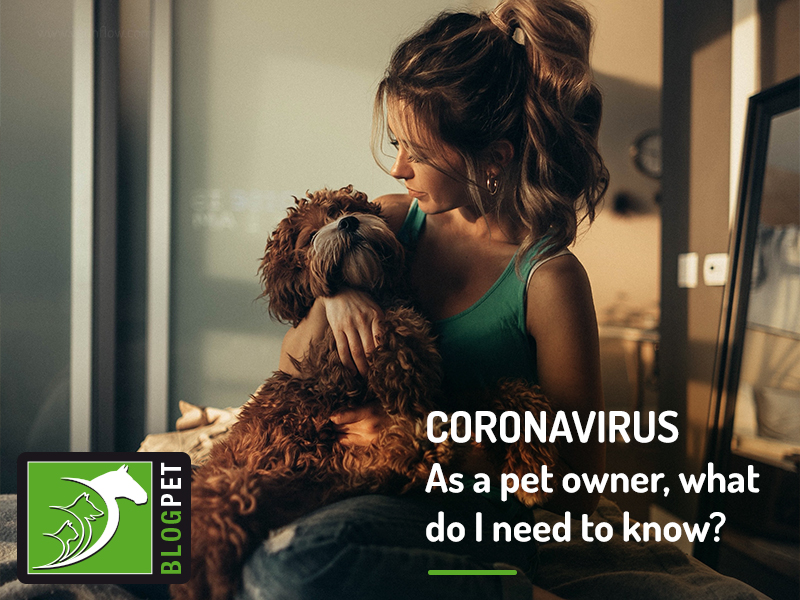
Coronavirus - As a pet owner, what do I need to know?
 After COVID-19 was characterised as a pandemic by the World Health Organisation on 11 March, it is now more important than ever that we protect ourselves and help everyone else at the same time.
After COVID-19 was characterised as a pandemic by the World Health Organisation on 11 March, it is now more important than ever that we protect ourselves and help everyone else at the same time.Basic preventive measures against the virus include:
- Washing your hands frequently for at least 20 seconds;
- Avoiding crowded places and maintaining a social distance of at least 2 metre;
- Avoiding touching your face, especially your eyes, nose and mouth;
- Covering your mouth and nose with your bent elbow or tissue if you cough and sneeze;
- Seeking early medical advice if you feel any of the common symptoms;
- Following directions of your local health authority.
It is also a good idea to make sure you have sufficient supplies at home in case you are infected or need to be quarantined. This includes (but is not limited to) food and medication for both your family and your pets.
At the moment, there is no evidence that pets can be infected with COVID-19 or be a source of infection to other animals or humans. As such, there is no need to separate yourself from your companion.
There are, indeed, coronaviruses that can affect pets, including canine coronavirus and feline coronavirus, but these are not associated with the current outbreak, which is caused by a new coronavirus, SARS-Cov-2.
So, as a pet owner, if you get sick with COVID-19, what can you do?
- If possible, ask someone else to care for your pets.
- If not, limit contact with them - avoid petting, snuggling, being kissed or licked and sharing food. Also, wash your hands before and after you interact with pets and wear a facemask around them.
If your pet develops an unexplained illness and has been exposed to a person with COVID-19 (yourself or others), talk to the public health official working with the person with COVID-19. If you're advised to take your pet to the vet, call your veterinary practice beforehand to let them know that they'll be seeing a sick pet that has been exposed to a person with COVID-19.
Adapted from the WSAVA advisory document.
For the latest updates on the coronavirus pandemic, please visit WHO's website.
Published: 23 Mar 2020
Read the previous article: Increase in dog vomiting cases

